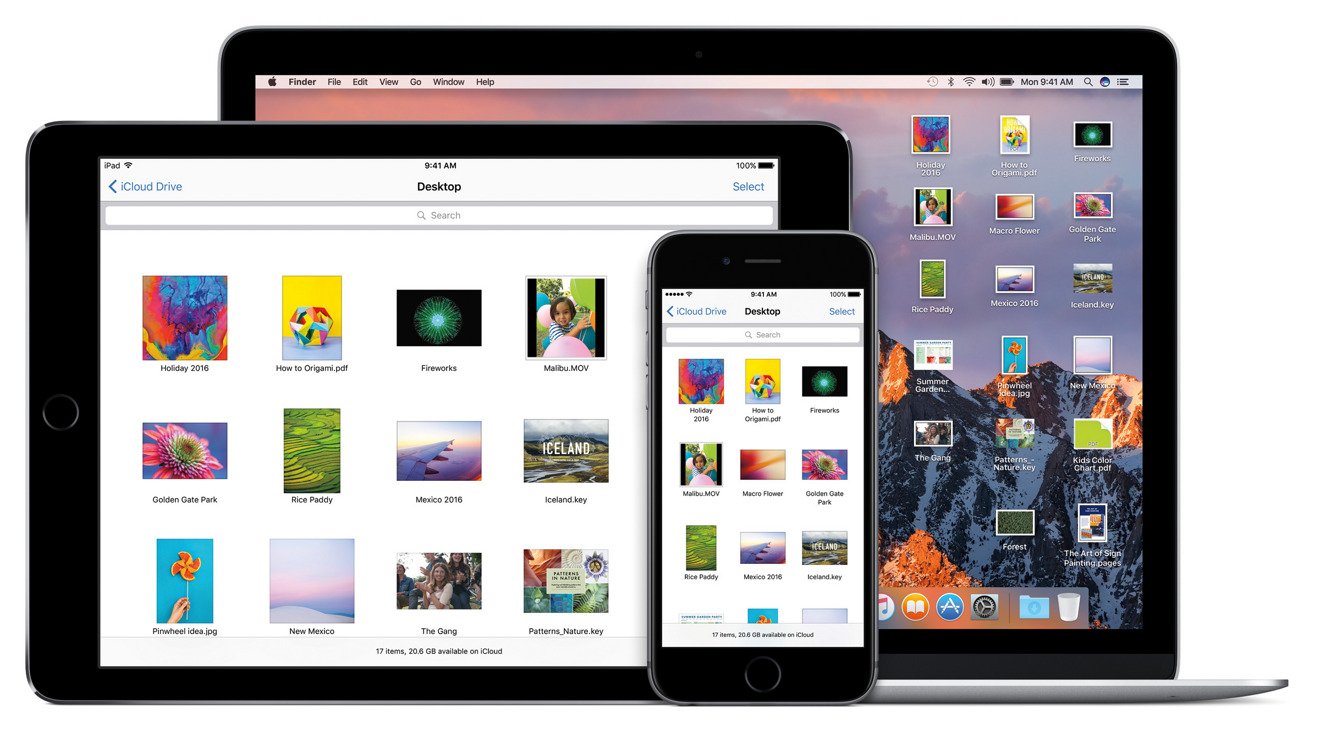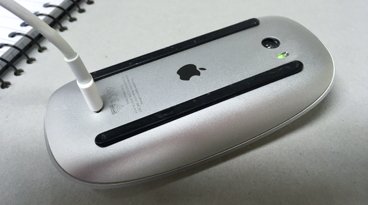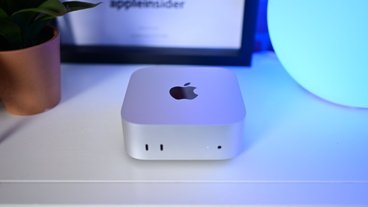In an under-the-radar WWDC announcement, Apple on Monday introduced the Apple File System, designed to eventually replace the HFS+ format and better exploit modern technologies.
The Apple File System — or APFS for short — is "optimized for Flash/SSD storage, and engineered with encryption as a primary feature," according to an entry in the WWDC 2016 schedule. In official documentation, Apple adds that it uses a "unique copy-on-write design" with I/O coalescing, meant to optimize performance while staying reliable. It will scale from the Apple Watch through to the Mac Pro.
It can be used on conventional hard disks, but Apple cautions that it initially won't work on hybrid Fusion Drives or on startup disks. Likewise, Time Machine and FileVault aren't yet supported, and filenames are still case-sensitive.
A feature called "Space Sharing" will however allow multiple file systems to share the the same storage blocks, and for volumes to change size without any repartitioning. Another space-saving measuring is a new cloning system, which will only write changes to a cloned file to new locations.
Other improvements include things like snapshots and Fast Directory Sizing. Among the encryption features are options for single- or multi-key encryption for each container volume, per-file keys for file data, and a separate metadata key. Either AES-XTS or AES-CBC is used depending on the hardware.
A developer preview of APFS is included with macOS Sierra, although the technology isn't expected to launch until sometime in 2017. In fact there is no open-source implementation at the moment, though Apple says it will document and publish the APFS volume format when the launch happens.
 Roger Fingas
Roger Fingas








 Wesley Hilliard
Wesley Hilliard
 Malcolm Owen
Malcolm Owen
 Andrew Orr
Andrew Orr
 William Gallagher
William Gallagher
 Sponsored Content
Sponsored Content
 Christine McKee
Christine McKee

 Thomas Sibilly
Thomas Sibilly







41 Comments
A little long in coming, but a very welcome change.
I'm glad Apple is doing this this way, talking about the new system with developers early. Most of the time, Apple keeps everything secret until it's ready for public consumption. For something this foundational, the extra scrutiny can only be good.
Excellent news. Looking forward to trying it out eventually.
looking forward to all our clients wondering why they can't read their usb sticks at home or on older/other systems or pc's add nausea...